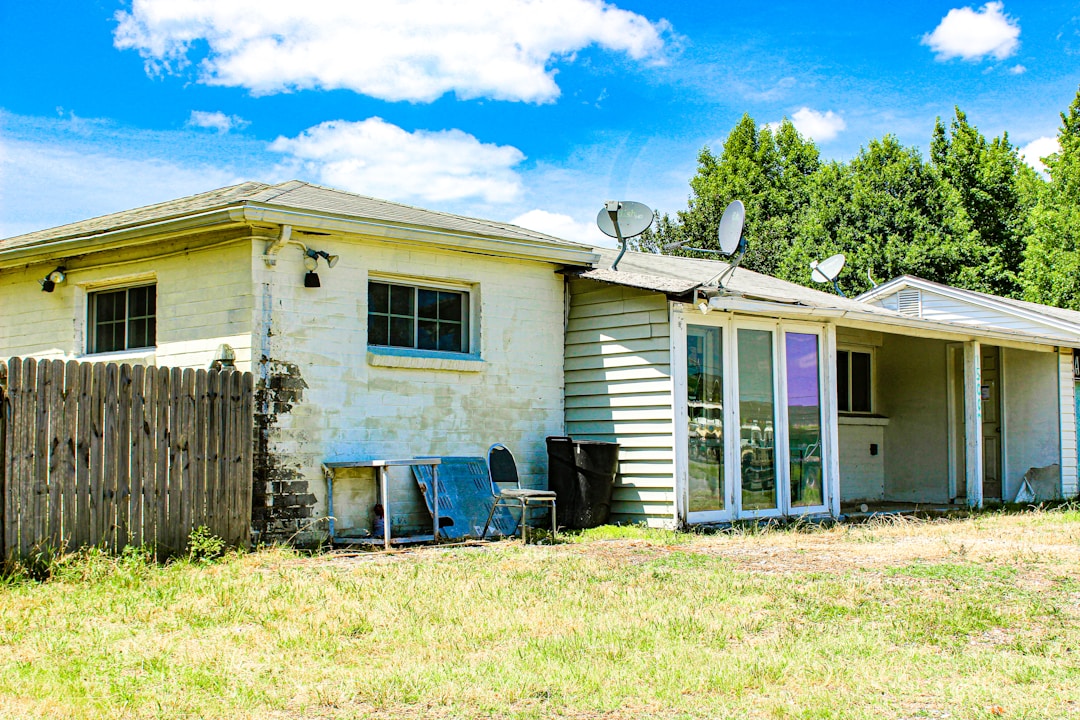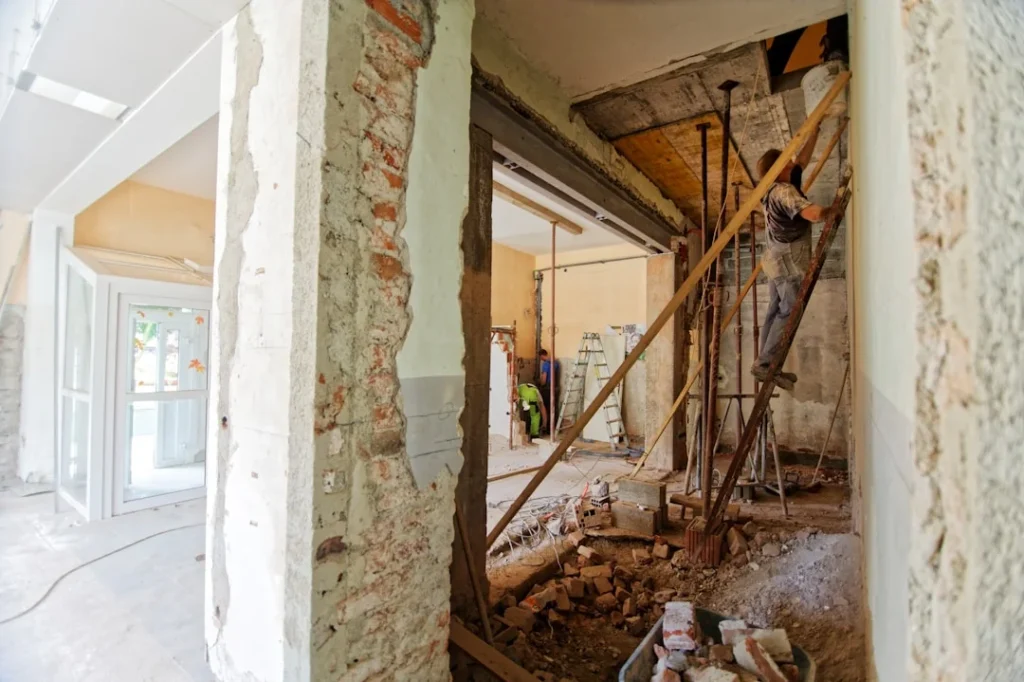Finding the perfect fixer-upper can feel like a daunting endeavor. It is a delicate balancing act between costs, effort, and the potential for a dream home transformation. If you’re pondering the purchase of a home that needs a little—or a lot—of TLC, you must have a well-thought-out plan before you dive in. Keep reading to uncover the essential checklist to guide you through this exciting process and turn that diamond in the rough into your polished personal gem.
Identifying Necessary Permits and Zoning Regulations
There’s more to renovating a home than meets the eye, particularly regarding legalities. Before purchasing a fixer-upper, familiarize yourself with the local zoning regulations and understand the type of work requiring permits. Unpermitted work can cause fines and issues when it comes time to sell. Consulting with homeowners insurance companies can help you understand unpermitted work’s potential risks and insurance implications. A quick online search for “homeowners insurance companies in Florida” can guide you to useful options if you’re in Florida.
Consult with architects or planning officials to clearly understand what’s permissible. This step is crucial when considering significant changes like additions or altering the property’s footprint. Any improvement plan should be reviewed in light of local regulations and neighborhood covenants to ensure compliance and avoid future complications.
Moreover, the application process for building permits takes time and money, which must be accounted for in your renovation timeline and budget. It pays to be thoroughly informed to prevent unnecessary disruptions that could delay your project and increase costs. Permit delays can throw off your renovation schedule and ultimately affect your return on investment.
Finally, discovering the property’s history might unveil any prior work without permits. If unpermitted work is found, you’ll need to decide whether to retroactively legalize it or restore the property to its original state, which can involve added expenses and complexity. Be prepared for these additional challenges to ensure your renovation goes smoothly.
Planning for a Thorough Home Inspection Before Purchase

One of the most crucial steps in purchasing a fixer-upper is not taken with a hammer but with a clipboard. A thorough home inspection should be a non-negotiable part of your property purchasing process, as it can reveal critical information about the property’s condition and save you from expensive surprises. Kitchen renovations may reveal hidden plumbing issues, or a room repaint might turn into a plastering job. It pays to be prepared.
The inspector assesses the property from top to bottom, providing a detailed report on its condition. This report will guide you in deciding whether to proceed with the purchase and inform you of your renovation plans. For instance, if the home inspection uncovers a major issue like a compromised foundation, it might make the property less desirable or even unfeasible to renovate.
Don’t hesitate to attend the inspection in person; this allows you to ask questions and clarify potential issues. An inspection can also be a learning experience, revealing the inner workings of the property and shedding light on future maintenance needs. A quality inspector will help you evaluate whether the house is a worthwhile project or a potential money pit.
Including inspection contingencies in your contract protects your investment by allowing you to walk away if significant issues arise. Thorough research on location, costs, structural integrity, and legal requirements, combined with careful planning, can lead to a successful renovation that increases property value and offers personal and financial rewards.
Assessing the Location and Neighborhood for Your Fixer-Upper
When purchasing a fixer-upper, location is a key factor that can make or break your investment. Beyond the house itself, consider the neighborhood’s proximity to essential amenities, school quality, and safety. These elements significantly affect the property’s long-term value; even a perfect house may not be worth it in the wrong location.
Assessing the area’s market potential is equally important. Research sales trends and consult with real estate agents to determine whether the neighborhood is improving or likely to decline. Noise levels, traffic patterns, and the overall vibe of the area should align with your lifestyle preferences, whether you value a bustling environment or a tranquil retreat.
Community dynamics also influence your experience as a homeowner. Engaging with neighbors and visiting the area at different times can reveal the neighborhood’s social atmosphere. A strong sense of community enhances your renovation journey and contributes to a fulfilling and rewarding living experience post-renovation.
Overall, purchasing a fixer-upper is an exciting opportunity that requires thoughtful planning and thorough research to ensure success. By carefully evaluating the property, understanding local regulations, and considering the neighborhood’s potential, you can turn a challenging project into a rewarding investment and a dream home.







